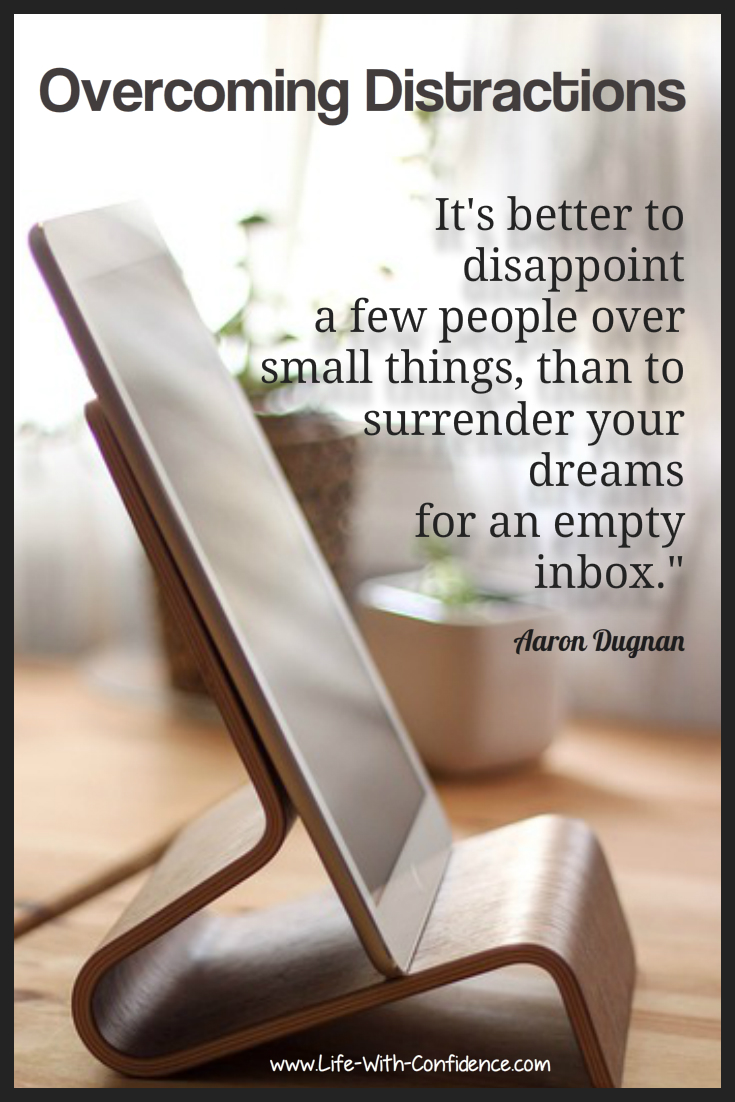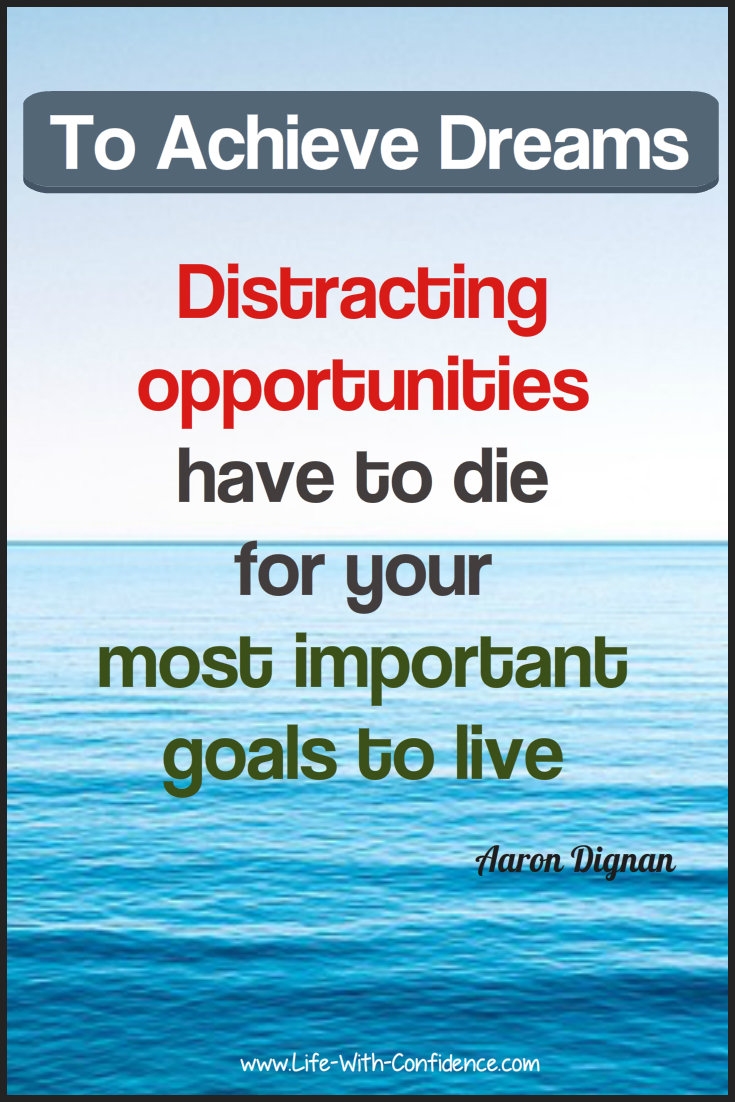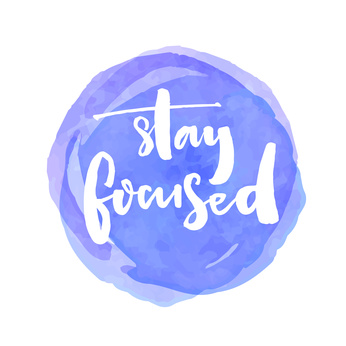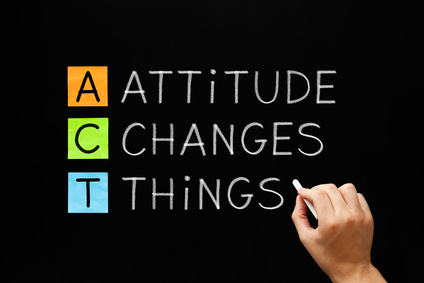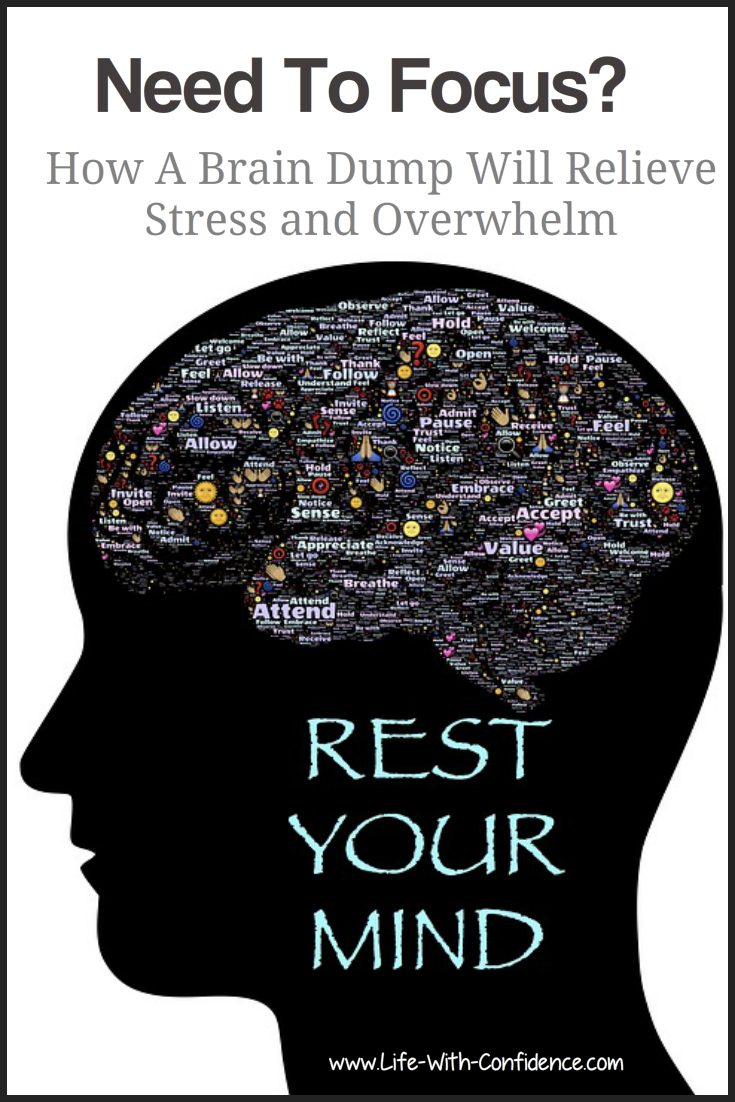Focus - Understanding Distractions so You Can Overcome Them
by Catherine Pratt
www.Life-With-Confidence.com
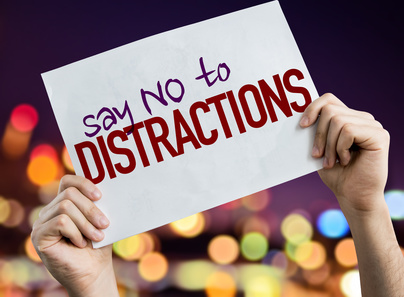
Continuing on with our Focusing series, to be able to achieve your dreams, you need to be able to focus. So why is it so hard to actually focus on what you want and say no to the distractions?
The temptation to check your email or texts, or see what people are up to on Facebook, or even watch a few minutes of tv can be overwhelming and what we intend to be just a few seconds can end up being hours. Afterwards, you might beat yourself up that you wasted so much time on things that aren't even important to you and feel guilty about procrastinating.
But is it really just good old willpower and discipline? Or is there more to it than that?
What's the secret to overcoming distractions?
The answer to this question is that to be able to overcome distractions, you need to understand distractions.
First, let's look at why social media like emails and texts are so addicting:
Endorphins
In the book it says you get an endorphin rush whenever you see you've got an email or a tweet. Those endorphins make us feel good and that's definitely addicting.
Fear
The notification that you've received a text or email can also trigger a sense of fear if you tell yourself to ignore it.
- What if it's important?
- What if you need to do something right away?
- What if it's an emergency?
So, you check to relieve your mind so you can stop imagining and worrying about every worst case scenario that might be contained in that message.
Fear of Missing Out
The other fear that comes from disconnecting yourself from the social network is one of missing out or being left behind. But, as Aaron Dugnan says, "With one eye on our gadgets, we're unable to give our full attention to who and what is in front of us - meaning that we miss out on the details of our lives, ironically, while responding to our fear of missing out."
Fear of Disappointing Others
The other worry you
might have if you don't check your social media constantly is the fear of
disappointing someone or them getting angry at you because you didn't
respond instantly. But as it says in the book, "It's better to
disappoint a few people over small things, than to surrender your dreams
for an empty inbox."
The other problem with reacting to every notification is also that you're now allowing someone else to dictate how you're spending your time. You're constantly in reaction mode instead of being in productive mode. You're not choosing what is most important for you to work on. You're allowing someone else to make that decision for you and their choice will also be about what they want, not what you need.
Illusion of Productivity
One other thing the book says is that people get caught up in doing tasks like their emails because it feels like they're being productive. They can see they've accomplished something (less emails in the inbox) even though they haven't really achieved much value from their effort. They've been answering emails for other people's benefit. They're not working on their own creative projects.
Working on projects which take numerous hours of work and dedicated creativity, for example writing a novel or learning something new, doesn't give that same satisfaction of accomplishment because you can't see instantly what you've done. There may not be anything physical to show for all your work. With some big projects, it'll be hard to see any progress at all for quite some time and this can be frustrating for the mind.
One solution to this is to track your progress whether it's by time you've spent or some other metrics which will then allow you to see that you are making progress. You could also use the Jerry Seinfeld productivity secret and put an "X" on your calendar for every day you work on your goal. After a few days, you'll start to see a chain and you won't want to break it.
It's good to remember that it's very tempting to go after all the little things because they can be done quickly but it's a false sense of accomplishment. It's far better to take a step back and think about what are your most important priorities rather than what's the easiest to do right now. Post something which reminds you of your ultimate goal where you can see it and have it constantly remind you as to why your goal is so important to you.
Suggestions on How To Avoid Distractions
Creativity Away From The Computer
A good idea the book suggests is that when you need to be creative do
it somewhere else
rather than at your computer. If you do it at your computer, even if you
turn off your email, part of your brain
is occupied just with trying to resist looking at email and surfing the
internet. And, if you're like me, there's probably a lot of other pieces
of paper on your desk waiting to be dealt with so those will
also require brain energy to resist working on them.
If you require your computer to do the work, maybe you could buy a laptop and not install email or a browser on it. Have it disconnected from the internet and only use it for specific work.
When You're Tired It's Even More Important To Remove Distractions
The book also says if you're trying to be creative or focused when you're tired, the problem is even worse because it takes a lot of energy to try and resist those temptations. We have far less willpower when we're tired.
Here's another good quote from the book, "Committing to ignore distractions is rarely enough. We must strive to remove them entirely from our field of
attention. Otherwise, we'll end up using half of our mental energy just keeping
ourselves from breaking our own rules." And, why make ourselves more tired than we need to?
Schedule According to Energy Levels
Another suggestion is to schedule your creation time when your energy levels are the highest. The only way you'll know when your energy levels are the highest is to track your energy rhythms. Some people have more energy in the morning and some more at night. Once you know your own energy rhythms, then schedule activities like checking your email during your lowest levels.
Make sure that you put your creative work first in your high energy times and leave your reactive work for your lowest energy times.
Have A Clear Intention
One of the biggest reasons for being unable to resist temptations is because you're in a mindless state of being.
"Purposeful action requires clear intentions. But we've all logged on to a social network without them. We may have been procrastinating and looking for a distraction, or feeling angry, annoyed, or frustrated and seeking to escape that feeling."
Or in other words, you tend to log into social media in a mindless state. If you decided to wake up and pay attention to what you're doing and why you're doing it when using social media, you'd then state your intention prior to logging in. By knowing your intention before you log in will keep you focused on what you want to gain from your social media but also know that you need to turn it off in a set amount of time and get back to work on your important goals.
You'd also start to set boundaries as to when and how long you're interacting with it.
You'd also start to question yourself before using it. For example, ask yourself:
- Is it really necessary to share something - if yes, does it need to be right now?
- Are you avoiding something?
- Are you looking for validation?
- Are you feeling bored or lonely?
- Is there another way to create meaningful connections to people?
- Are you feeling overwhelmed?
- Are you feeling anxiety about doing a particular task?
- Do you simply need to do something mindless in order to have a
break?- nothing wrong with needing a break but remember it's a break, not something you want to spend hours doing.
Questions like these allow you to understand what you're wanting to gain from logging into
your social media. Once you know that then you can choose what and how
you want to react instead of reacting on automatic pilot.
Avoiding Distractions
Focusing and being able to avoid distractions really all goes back to being aware of where you're spending your time and why you're
spending your time on that particular task. And now that you have a better understanding of why distractions are so addictive means that you'll have a better chance of not getting caught up in mindless activities. Instead you'll be able to focus on your important priorities and keep making progress towards achieving your dreams while everyone is still responding to their social media notifications.
Additional Information
The group that wrote the book also have
a web site at 99U with more ideas on how to be more focused.
Related Articles
Procrastinating - Could it be a sign of anxiety?
Procrastination used to end up paralyzing me into complete inaction. It wasn't until I understood that I was really feeling anxiety that I was finally able to break free from it. The Weekes method is such a great way to overcome anxiety. So easy to do too. It's truly life changing.
Focus for Success - why mental focus is critical for your success
Your attitude is the key to your success but are you really aware of what your attitude is in regards to going after your dreams?
If you find you're procrastinating, give the "willing" trick a try.
Struggling to Focus - Try a Brain Dump

